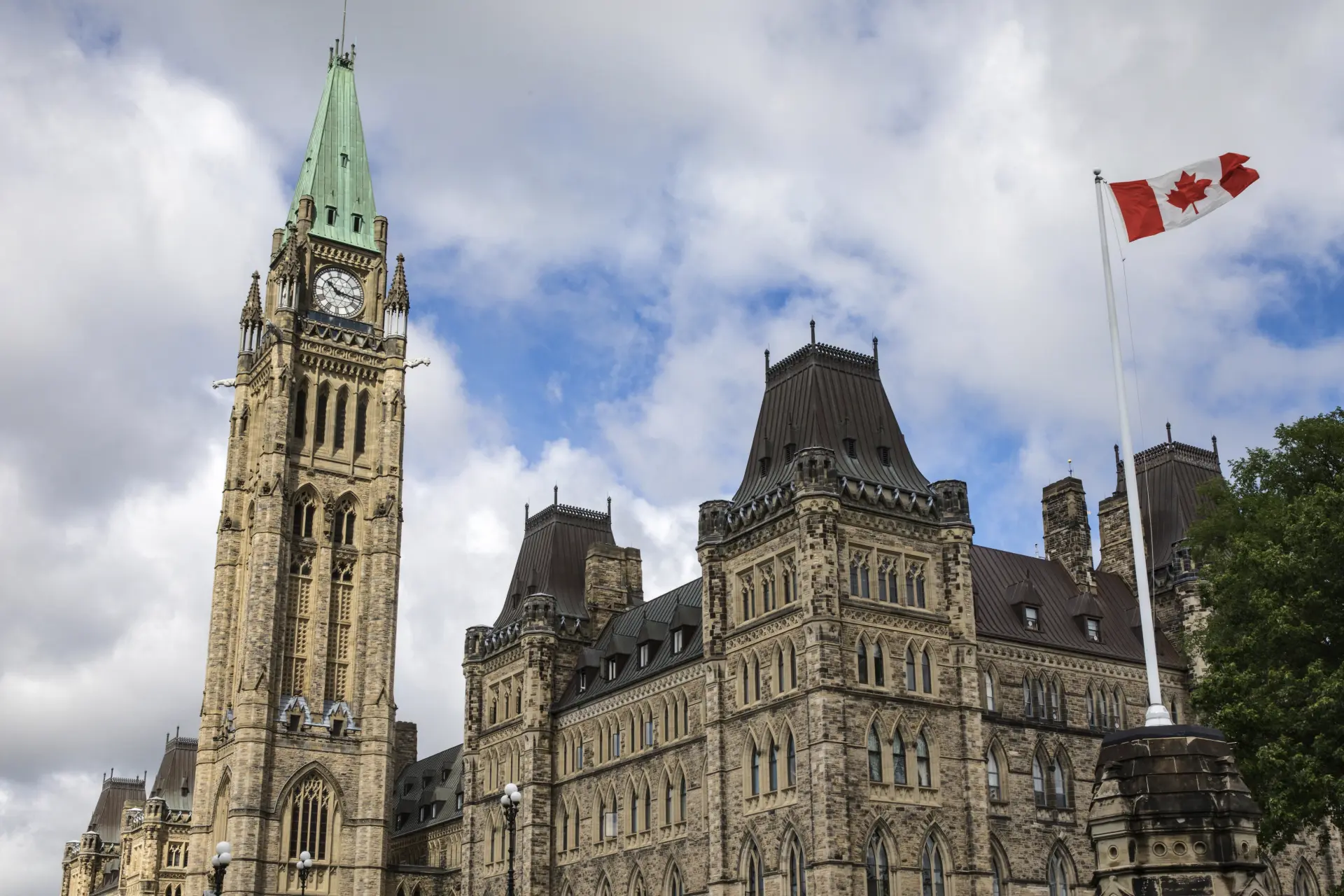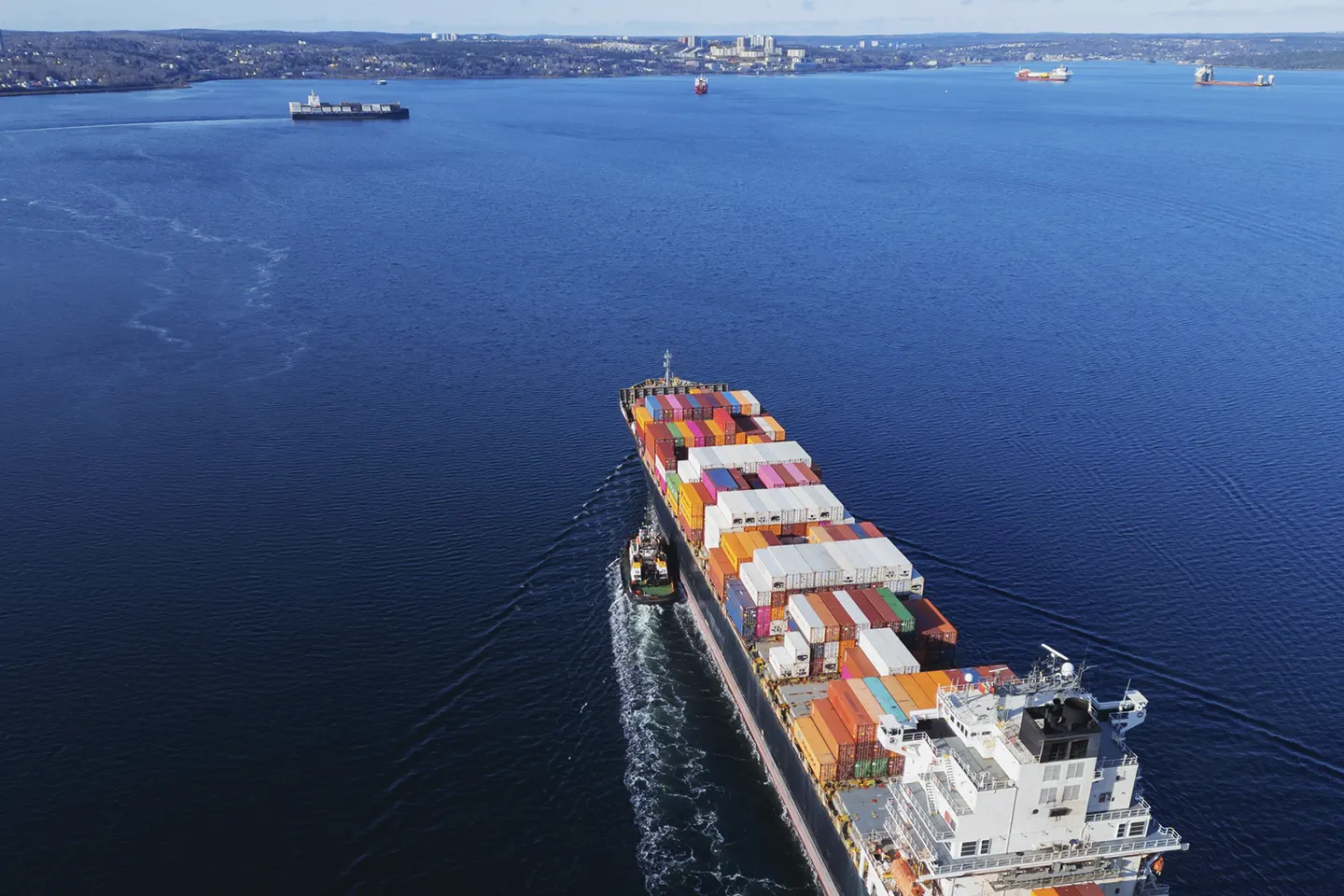Federal Government Announces Launch of Universal Broadband Fund Including $750 Million in New Funding

Yesterday, Prime Minister Justin Trudeau announced the long-awaited launch for applications for the Universal Broadband Fund which will support high-speed internet projects across the country. The announcement unveiled $750 million in new investment, in addition to the $1 billion committed under Budget 2019, bringing the total funding to $1.75 billion for projects. The Government also unveiled a $600 million agreement with Telesat to help fund Low Earth Orbit satellites.
Universal Broadband Fund:
The fund supports broadband infrastructure projects bringing high-speed Internet to rural and remote households in areas that lack service of at least 50/10 Mbps. The application window runs from now until February 15, 2021 (except under the Rapid Response Stream; more details below).
Officials outlined at a technical briefing that up to 75 percent coverage of costs will be provided for most projects, and up to 90 percent will be provided for projects in Indigenous and very remote areas.
Eligible applicants must have the ability to design, build and run broadband infrastructure and must identify who will build, own and operate the broadband network. Projects will be selected using a three-stage assessment process. Ultimately, the Minister of Rural Economic Development will select projects that best meet the objectives of the program. See all details here.
The UBF is further broken down into the following streams:
● $750 million for the High-Impact Stream (in partnership with the CIB)
● $50 million for mobile connectivity, primarily benefitting Indigenous communities
● $800 million for the core UBF
● $150 million for the Rapid Response Stream
Rapid Response Stream:
The new $150 million Rapid Response Stream was also unveiled yesterday as a catalyst to accelerate the rollout of projects in communities that don’t have high-speed internet but can be connected quickly, efficiently and economically (“shovel ready”) to get started right away. The deadline for applications is January 15th, 2021. See all details here.
Telesat Agreement:
Yesterday the federal government also unveiled having entered into a $600 million agreement with Ottawa-based Telesat to secure high-speed internet capacity through its Low Earth Orbit (LEO) satellite constellation. The agreement enables service providers to acquire Telesat LEO capacity at reduced rates on a first-come, first-served basis to bring universal broadband connectivity to rural, northern and Indigenous communities across Canada.
Government officials noted that technology is expected to be deployed in 2022 and 2023 for remote and northern areas. The goal of the Telesat agreement is to use next-generation technology to connect the hardest to reach areas in the far north.
Federal Engagement:
As additional details of the programs announced yesterday become available, let Sussex help connect you with the right people in government to help your organization get through these extraordinary times.
Please reach out to your Sussex representative directly or to a member of the Federal Government Relations Team.


